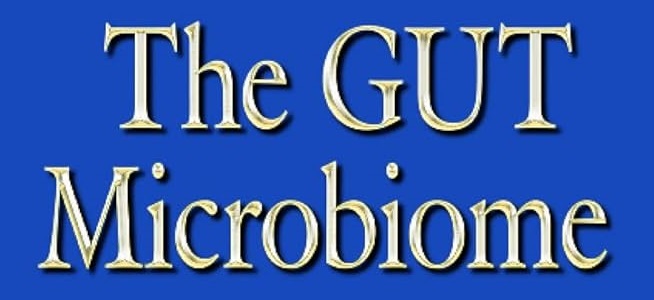The gut microbiome is crucial in maintaining our overall health and well-being. Comprising trillions of microorganisms, including bacteria, fungi, and viruses, it is an essential component of our body that supports normal metabolic functions and offers protection against illness. Research has shown that the gut microbiota is intricately linked to various aspects of our health, including immune function, mental health, and the prevention of chronic diseases.

One of the primary functions of a healthy gut microbiome is to serve as our first internal line of defence against pathogens and toxins. Gut bacteria create a protective barrier by producing antimicrobial compounds and competing with harmful microorganisms for nutrients and attachment sites. This function is vital in preventing the colonisation of pathogens and maintaining a balanced intestinal environment, ultimately safeguarding our health.
Gut microbiota also plays a significant role in developing and training our immune system. Early exposure to a diverse array of bacteria helps shape our immune responses, enabling us to distinguish between harmless commensals and potentially dangerous pathogens. The ongoing interaction between the gut microbiota and the intestinal epithelium leads to constant immune signalling, essential for maintaining a robust and well-functioning immune system.
Furthermore, the gut microbiota is involved in nutrient metabolism and producing essential compounds. Gut bacteria harbour versatile metabolic genes that provide unique enzymes and biochemical pathways for extracting energy and nutrients from food. Understanding these intricate processes can empower us to make informed dietary choices for our health.
Recent research has uncovered the importance of gut microbiota in influencing our mental health and behaviour. The gut-brain axis—a bidirectional communication system between the gastrointestinal tract and the central nervous system—is heavily influenced by gut microbiota. Studies have shown links between gut health and mental health issues, such as anxiety and depression, highlighting the far-reaching effects of our gut microbiome.
The gut microbiota influence extends beyond the gastrointestinal tract, affecting various organs and systems throughout the body. For instance, the gut-lung axis illustrates how changes in the gut microbiota can impact respiratory health, including the development of allergic airway diseases and protection against respiratory infections. This interconnectedness emphasises the holistic impact of maintaining a healthy gut microbiome on our overall well-being.
A diverse and balanced gut microbiome is associated with better health outcomes. A healthy gut microbiome exhibits high levels of diversity, stability, and redundancy of metabolic pathways. Conversely, “dysbiosis,” which refers to an imbalance in the gut microbiota, has been linked to several chronic diseases, including inflammatory bowel disease, obesity, cancer, and autoimmune disorders.
Diet plays a crucial role in shaping the composition and function of our gut microbiome. A fibre-rich, plant-based diet promotes the growth of beneficial bacteria and supports a diverse microbiome. In contrast, the typical Western diet—high in animal proteins, sugar, and processed foods—can lead to a less diverse gut microbiota and promote inflammation.
Additionally, the gut microbiota influences our body’s response to medications and environmental toxins. Gut bacteria metabolise various drugs and xenobiotics (foreign compounds like ecological pollutants), potentially affecting their efficacy and toxicity. This interaction between the gut microbiota and drug metabolism highlights the importance of considering individual microbiome profiles in personalised medicine approaches.
As our understanding of the gut microbiota grows, it becomes increasingly clear that maintaining a healthy gut is essential for overall health and disease prevention. By fostering a diverse and balanced gut microbiome through proper diet, lifestyle choices, and potentially targeted interventions such as probiotics, prebiotics, and fermented foods, we can harness the power of these microscopic inhabitants to enhance our well-being and reduce the risk of various health issues.
Tomorrow, I will share the importance of Holistic health.
